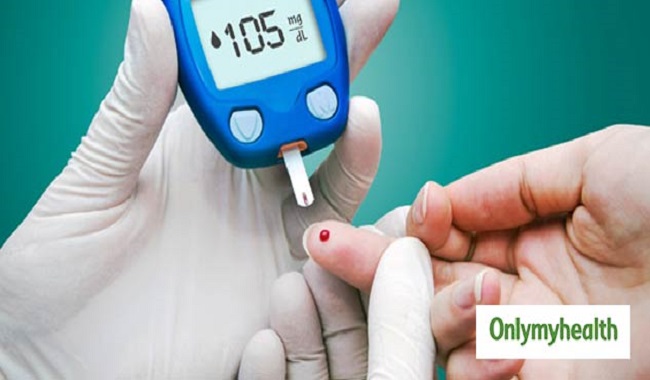
Diabetic low carb diet meal plan: Those who are suffering from diabetes can understand the pain and difficulty to manage their blood sugars levels. Thus to get rid of this, a low-carb diet has been designed which will help to reduce your blood sugar levels. Your blood glucose levels increase if you eat foods like carbohydrates or carbs because your body has to produce more insulin to digest the carb.
Table of Content:-
Cutting the consumption of carb can help keep blood glucose stable. This will also help in preventing other effects of diabetes, such as obesity and cardiovascular diseases. However, the low-carb diet also includes some risks, such as it lacks some vitamins and minerals.
In this article, keeping the diabetic patients in mind, we will discuss a low-carb diet in detail (which could be extremely beneficial for you). However, once you think to change your diet plan, you must consult a doctor.

Recommended Carb In A Day
There are no special tips for how to take carbohydrate and in what amount. A person needs a carb, depending on the level of his activities, weight, health goals, and other factors. With the advice of a doctor or a dietitian, people can create their carb target (diet). The amount of carbon in a very low carb diet is only 30 grams or less in the day. Low carb diet contains 130 grams (or less than that) carb, whereas normal carb diet contains 130 to 225 gms of carb.
Foods To Eat And Avoid
Also Read: Type 2 Diabetes Diet Plan: Eat These Foods And Herbs To Reduce Blood Sugar Levels
One must ensure that most of the calories in a low-carb diet should come from healthy and natural sources. The following are the examples of such low-carb diet:
- The vegetables
- Lean proteins such as eggs, fish, nuts, and tofu
- Good fats, such as olives or avocados
- Consumption of fruits
Those who consume low-carb diet should also reduce the intake of fruits. However, for most people, the fruit is a much healthier option than sweet snacks and processed foods. As part of a healthy and low-carb diet, people should avoid or limit the following foods:

- Processed food, such as prepacked food and snacks
- Sugar-rich foods, such as cakes, candies, pastries, cookies, soda, and juices
- Starch, especially white loaves of bread or bagels
- Alcohol or other alcoholic beverages
- Potato chips
- Other Starchy Vegetables
- White pasta
Whole-grain slices of bread, lentils, and beans are also high in carbs, but they are an important part of a healthy diet. Eat these foods in moderation or as an alternative to unhealthy carbs, such as cakes and pies.
Also Read : Intermittent fasting diet plan benefits: Could Help Prevent Type-2 Diabetes
Meal plan of Diabetes Patients
When preparing for a low-carb diet plan, it is useful to know how many calories a person needs each day. Consumption of daily calories varies depending on the height, weight, and level of activity of a person. Here we are telling you about some low-carb options.
Breakfast
In morning breakfast you can have completely boiled eggs, low-sodium cottage cheese, chopped avocado, fiber-rich smoothie, low-fat yogurt, eggs and vegetables cooked in raw olive oil.
Lunch And Dinner

Baked or grilled chicken, cauliflower rice, vegetables and tofu, salmon with roasted nuts, a cauliflower crust with cheese, zucchini noodles, chicken, vegetable or fish with whole grain pasta, tuna, brinjal, etc.
Snacks
Nuts, fruits, olives, dark chocolate, cabbage chips, apple, and peanut butter sardines.
How Do Carbs Affect Diabetes?
- Low-carb diets can be one of the most effective methods for diabetes management, especially for those who want to avoid medicines. Carbs or carbohydrate foods increase blood sugar. In such cases, blood glucose for people with insulin resistance can stay for more hours after meals.
- Those who have Type 1 diabetes do not produce enough insulin, they may also increase blood glucose due to high carbohydrate. Therefore low-carb diet can help people with both type 1 and type-2 diabetes.
- Carbs can affect the health of a person in several other ways. Carb-rich foods are high in calories but also has some important nutrients such as proteins. However, in a way, these types of food can increase the weight.
Read more articles on Diabetes
Read Next
4 Foods To Avoid Kidney Diseases
How we keep this article up to date:
We work with experts and keep a close eye on the latest in health and wellness. Whenever there is a new research or helpful information, we update our articles with accurate and useful advice.
Current Version
